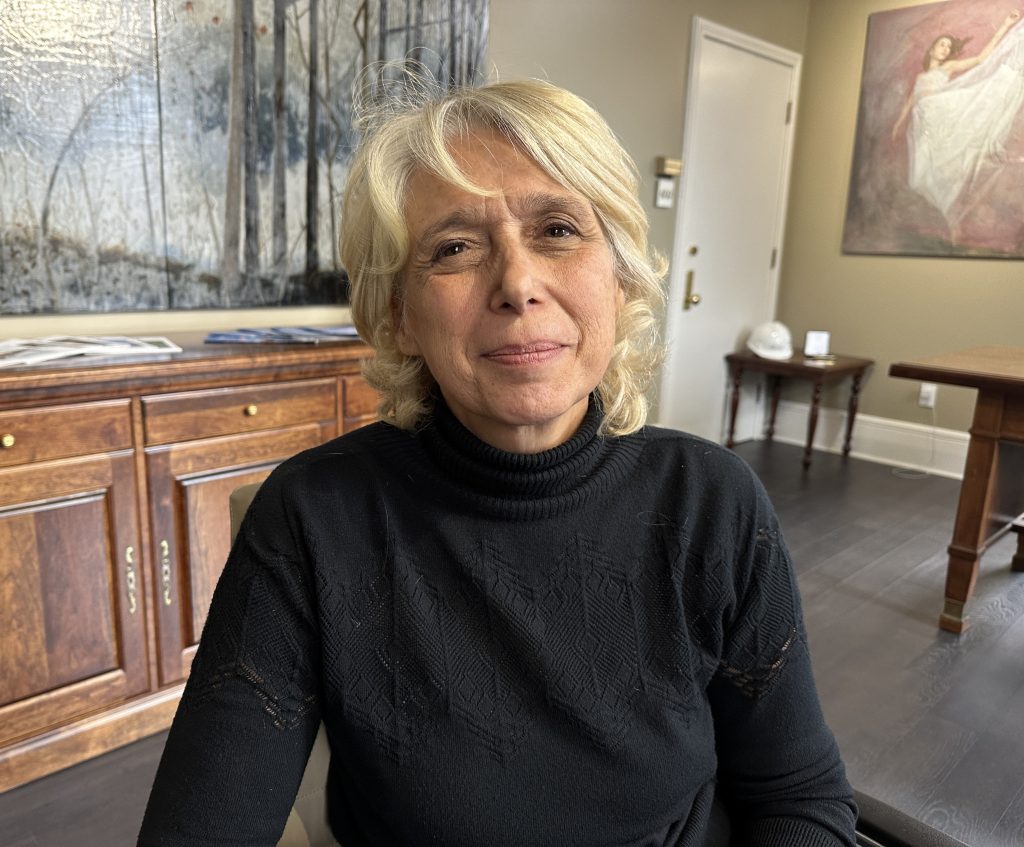Montreal decides to end water fluoridation for six West Island towns

Posted November 22, 2024 9:10 am.
Last Updated November 22, 2024 5:22 pm.
Elected municipal officials have decided to put an end to water fluoridation on the island of Montreal, following a petition from a resident who claims to have the support of American politician Robert F. Kennedy Jr.
A council representing Montreal and the island’s agglomeration municipalities voted Thursday evening to stop fluoridating water in six West Island towns that have been treating their water since the 1950s.
The city’s water department recommended stopping fluoridation, partly because of the cost, although public health officials support fluoridation as an effective means of reducing tooth decay.
The mayors of the affected areas, however, say they were only informed of the City’s plan in September, years after the department began studying the issue. They also claim that residents were not consulted and that the process is undemocratic.
Ahead of Thursday’s vote, Montreal city councillor Maja Vodanovic mentioned that the city wants the drinking water supply to be uniform across the island. “The City of Montreal has made this decision for the sake of consistency,” she said. “We are doing so in the overriding interest of everyone.”

In a report last March, the water department said it began questioning the use of fluoride in the water supply after receiving a “citizen petition” in 2020.
The petition had been launched by Ray Coelho, a resident who said in a recent Facebook post that his campaign was endorsed by Kennedy.
In a telephone interview after the council’s decision, Coelho noted that he had spoken to Kennedy a few times and that the latter had congratulated him via text message after the City’s plan was made public last month. “He gave me moral support, which is good,” he said.
Coelho, a student at Concordia University, said he was pleased with the outcome of Thursday’s council meeting. I’m very happy,” he said. It’s great, I can devote my energy and time to other things.”

Kennedy, a vaccine skeptic who was chosen by U.S. President-elect Donald Trump to be his Secretary of Health, argues that fluoride is “industrial waste” linked to a range of health problems. He claimed that the Trump administration would remove the mineral from the US public water supply.
Coelho has a strong presence on social media and often posts about the conflict between Israel and Hamas. He ran in the 2019 federal election for the now-defunct Canadian Nationalist Party, a far-right white nationalist party that was deregistered by Elections Canada in 2022. He mentioned that he was no longer associated with the party and called his candidacy a “mistake.”
Questions for the cities
“I really wonder what kind of due diligence Montreal does when it receives petitions,” said Heidi Ektvedt, mayor of Baie-d’Urfé, one of the six towns affected. She mentioned that Coelho seems to be “inspired by conspiracy theories” and that many residents of her city are “furious” about the City’s plan. “What happens in the U.S. should not interfere with decision-making in our country,” she argued.
Georges Bourelle, mayor of Beaconsfield, called Coelho a “far-right extremist” and said he didn’t give “much credibility to petitions.” None of the affected communities, including Beaconsfield, had ever asked for fluoride to be removed from their water, he said.
Only two of Montreal’s six water treatment plants use fluoride. These two plants serve 5 per cent of the island’s population in six West Island towns. Only one other municipality in Quebec uses fluoride in its water.
In its report, the water department indicates that it costs around $100,000 a year to fluoridate water at the two treatment plants. The city also refers to fluoridation product supply problems in recent years, which have led to closures at both plants, and to health concerns for workers handling the chemicals.
At the council meeting, Vodanovic pointed out that people drink only 1 per cent of the drinking water produced by the city, while the rest is used for other purposes. “We don’t think something like fluoride should be added to 100 per cent of the water,” she stressed.
Major health organizations, including the World Health Organization, the U.S. Centers for Disease Control and Prevention and Health Canada, support the addition of fluoride to drinking water, the report acknowledges. Montreal’s regional public health department told the ministry in November 2023 that it was in favor of fluoridation. The report states, however, that health considerations exceed “the water department’s field of expertise.”
Montreal’s regional public health department tells CityNews in a statement on Friday that they want Montreal to continue with its program of water fluoridation, given its “effectiveness” in “improving dental health in children from more disadvantaged economic backgrounds, who have more cavities and who have less access to preventive and curative dental health services.”
“To our knowledge, there is no alternative population-based public health intervention with a level of effectiveness comparable to or greater than drinking water fluoridation in terms of universal access to conditions favourable to dental health,” public health told the City of Montreal.
Dr. Paul Allison, professor in the faculty of Dental Medicine and Oral Health Sciences at McGill University says it is very “disappointing because this is very well recognized to be highly beneficial in preventing dental decay.”
“I have no problem, if science starts to tell us there’s an issue, then we shouldn’t be doing this,” Dr. Allison said. “But at the moment, the science is very, very strong in terms of the favour of and the benefits of fluoride in the water supply and other forms of fluoride.”
Bourelle and Ektvedt said they were only informed of the City’s plan to stop adding fluoride to the water in their communities at a meeting in September, four years after the Water Department received Coelho’s petition. Ektvedt said she was “speechless” when she learned of the recommendation.
“This is an undemocratic decision by the City of Montreal,” said Bourelle. “It shows a total lack of respect for the population concerned.”
According to him, the cities concerned hold only a small percentage of the voting power on the council, calling the process “a flagrant example of abuse of power by the majority on the agglomeration council.”
–This report by La Presse Canadienne was translated by CityNews








